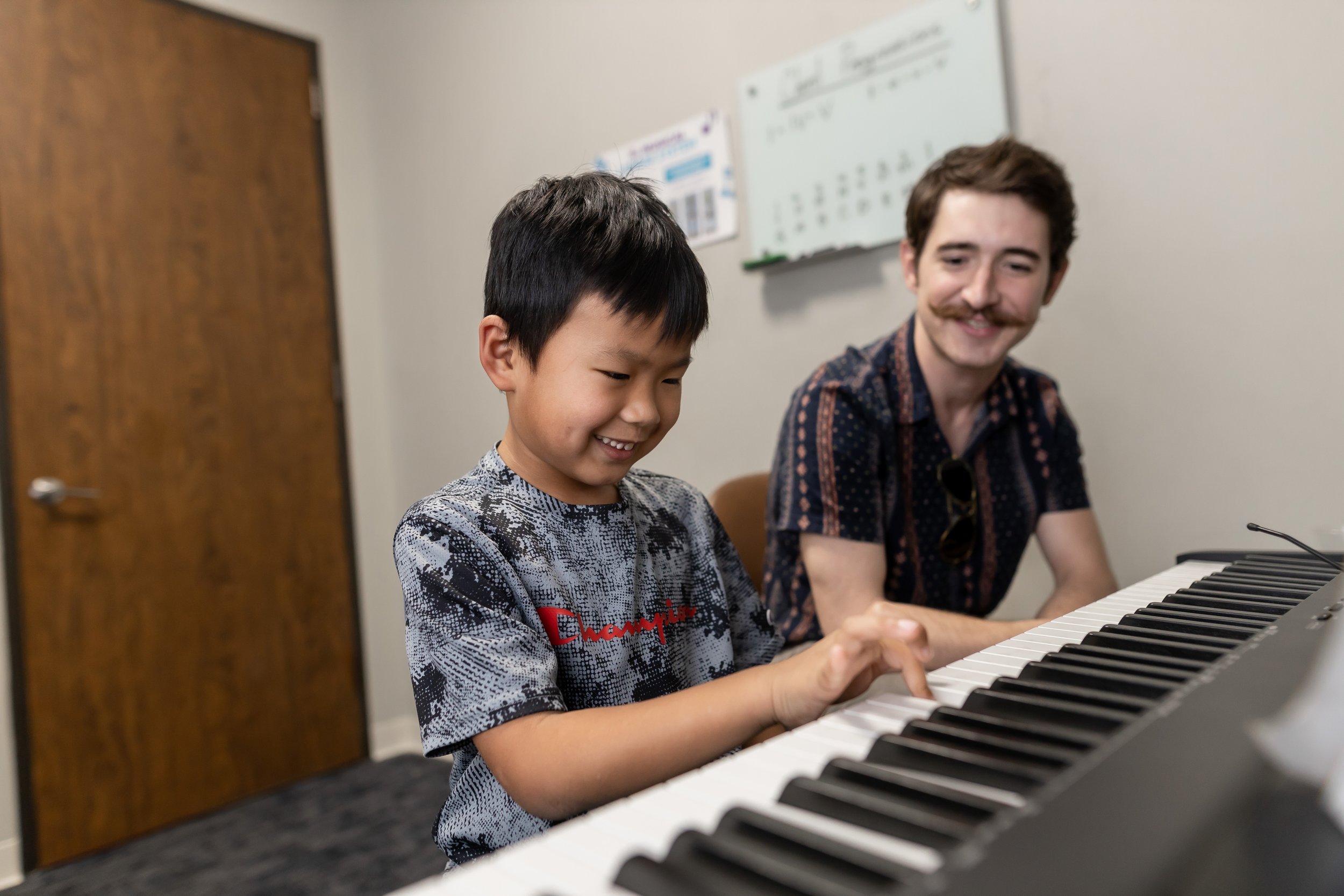Music is an art form that has been appreciated by humans for thousands of years. It has the ability to move us emotionally, make us dance, and even help us relax. But did you know that music can also have a profound impact on the development of our brains? In this article, we will explore the science behind music lessons and brain development.
Music and Brain Development
When we listen to music, our brains light up in a variety of ways. Different areas of the brain are responsible for processing different aspects of music, such as rhythm, melody, and lyrics. This means that when we play an instrument or sing, we are engaging our brains in a way that is different from other activities.
Studies have shown that music lessons can have a positive impact on brain development in children. Learning to play an instrument or sing requires a great deal of focus, attention to detail, and practice. These skills transfer to other areas of life, such as academic performance and social skills.
Music and Language Development
One area where music has a particularly strong impact is language development. Learning to read and write requires a strong foundation in language skills, such as phonemic awareness, vocabulary, and syntax. Music lessons can help children develop these skills by teaching them to recognize patterns in sound and language.
In fact, studies have shown that children who take music lessons have better language skills than those who do not. This is because the same areas of the brain that are used for processing music are also used for processing language. By engaging these areas through music, children can strengthen their language skills and improve their overall ability to communicate.
Music and Math Skills
Another area where music has been shown to have a positive impact is math skills. Learning to read music requires a strong understanding of rhythm and timing, which are important concepts in mathematics. By practicing music, children can improve their ability to understand and apply these concepts.
Studies have shown that children who take music lessons have better math skills than those who do not. This is because music requires a great deal of mathematical thinking, such as counting beats, understanding fractions, and recognizing patterns. By engaging in these activities, children can improve their overall math skills and problem-solving abilities.
Music and Emotional Development
Finally, music can have a profound impact on our emotional development. When we listen to music, it can evoke powerful emotions such as happiness, sadness, or nostalgia. Playing music can be a form of self-expression that allows us to explore and process our emotions in a healthy way.
Studies have shown that music therapy can be an effective treatment for a variety of emotional and mental health issues, such as depression, anxiety, and PTSD. By using music as a form of therapy, individuals can learn to regulate their emotions, express themselves in a safe and healthy way, and improve their overall well-being.
Conclusion
In conclusion, music lessons can have a profound impact on the development of our brains. By engaging in activities such as playing an instrument or singing, we can improve our language skills, math skills, and emotional development. If you are considering enrolling your child in music lessons, or if you are interested in learning to play an instrument yourself, now is the time to start. The benefits of music on brain development are clear, and the joy and fulfillment that comes from making music are priceless.
